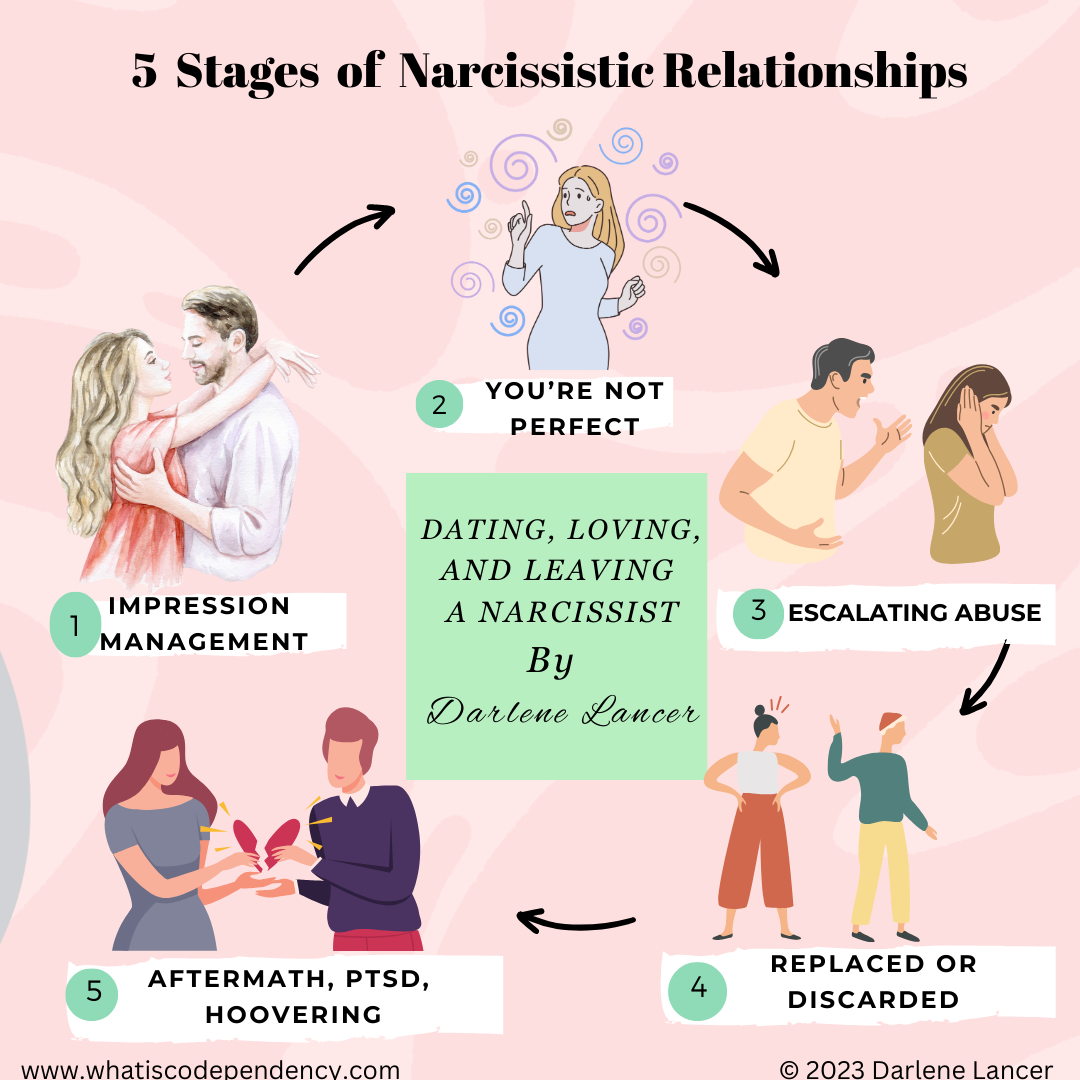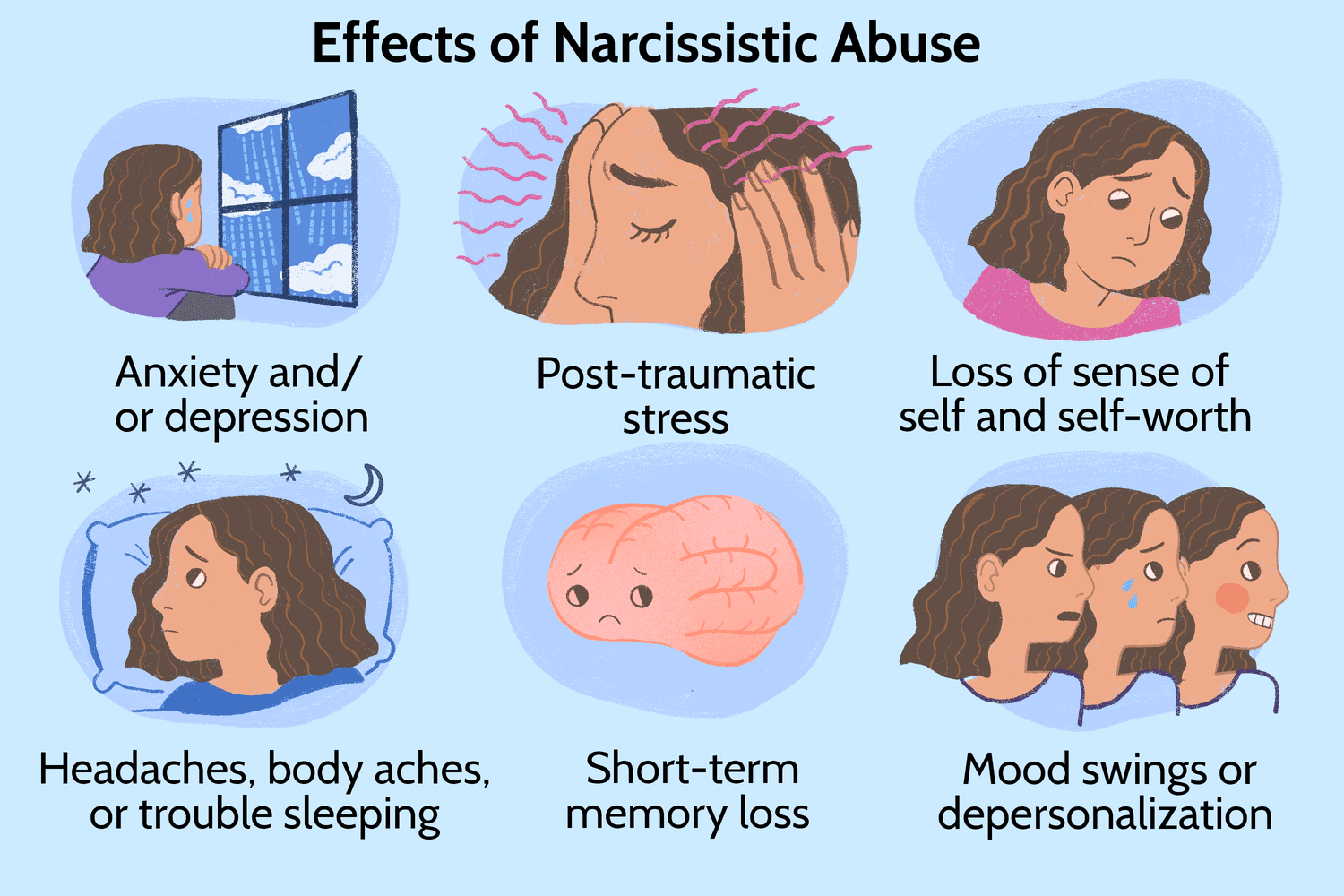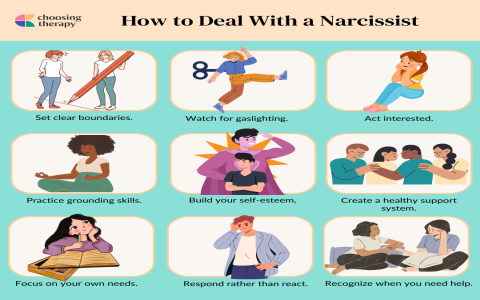So, I’ve been meaning to share a bit about what I’ve seen, like, in real life, with these folks they call overt narcissists. It’s not like I read a textbook and became an expert, nah. It’s more like I bumped into this kind of behavior enough times that I started to see a pattern. It really makes you think.

I remember this one person, let’s call him Alex. When I first met Alex, wow, super impressive. Always had the best stories, knew everyone, dressed sharp. You’d think, “This guy’s going places.” He was loud, always the center of any group, and honestly, kinda charming at first. I was pretty new to a certain social circle back then, and he seemed like the kingpin.
But then, you start to spend more time around someone, right? And the little things begin to stack up. I started noticing how conversations always, and I mean always, circled back to Alex. If someone else shared a win, Alex had a bigger one. If someone had a problem, Alex’s problem was way worse, or he’d solved something similar but in a much more heroic way. It was relentless.
I distinctly recall a dinner. Someone at the table was talking about a tough project they’d just finished at work, clearly proud. Before they could even get to the good part, Alex jumps in, “Oh, that’s nothing! Let me tell you about this deal I closed last week…” And he’d go on for ages. The other person just kinda deflated. I saw that happen over and over. It wasn’t just being talkative; it felt like he couldn’t stand the spotlight being on anyone else, not even for a minute.
It Wasn’t Just Confidence
For a while, I just thought, “Okay, he’s just really, really confident. Maybe a bit arrogant, but hey, some successful people are like that.” But it went deeper. There was this constant need for praise, for admiration. If he didn’t get it, he’d get visibly annoyed or even a bit sulky. Like, if you didn’t laugh loud enough at his jokes, or if you didn’t seem sufficiently impressed by his latest ‘achievement’ (which, by the way, often sounded a bit… exaggerated, looking back).
And forget about disagreeing with him, even politely. He’d either talk over you, belittle your point, or just dismiss it like you were an idiot. There was no real discussion, no back-and-forth. It was his way or the highway, at least in his own mind. He’d present his opinions as facts, and if you had a different view, you were just wrong. Simple as that.

The thing that really started to click for me was watching how he treated people he didn’t think were ‘important’ or couldn’t do anything for him. Waitstaff, junior colleagues, people he wasn’t trying to impress – he could be so dismissive, almost contemptuous. But then, if someone he considered ‘high status’ walked in, the charm was back on, full blast. It was like a switch.
I didn’t have a name for it back then. I just knew being around him became incredibly draining. It felt like a performance, and everyone else was just supposed to be the audience. You had to constantly be ‘on,’ feeding his ego, or you’d face the cold shoulder or a subtle put-down.
It was only later, after talking with a friend about how exhausting these interactions were, and then doing a bit of my own casual reading online about personality types, that the term ‘overt narcissist’ popped up. And it was like, ding ding ding! So many of the descriptions just fit what I’d been seeing. The grandiosity, the need for admiration, the lack of real empathy, the sense of entitlement – it was all there, out in the open. Not hidden, not subtle. That’s the ‘overt’ part, I guess.
So yeah, that was my practical education on the topic. It wasn’t some academic study. It was just watching, experiencing, and then trying to make sense of why some interactions felt so… off. Once you see that pattern of behavior up close, you don’t easily forget it. You learn to spot the signs a bit quicker next time, hopefully.











